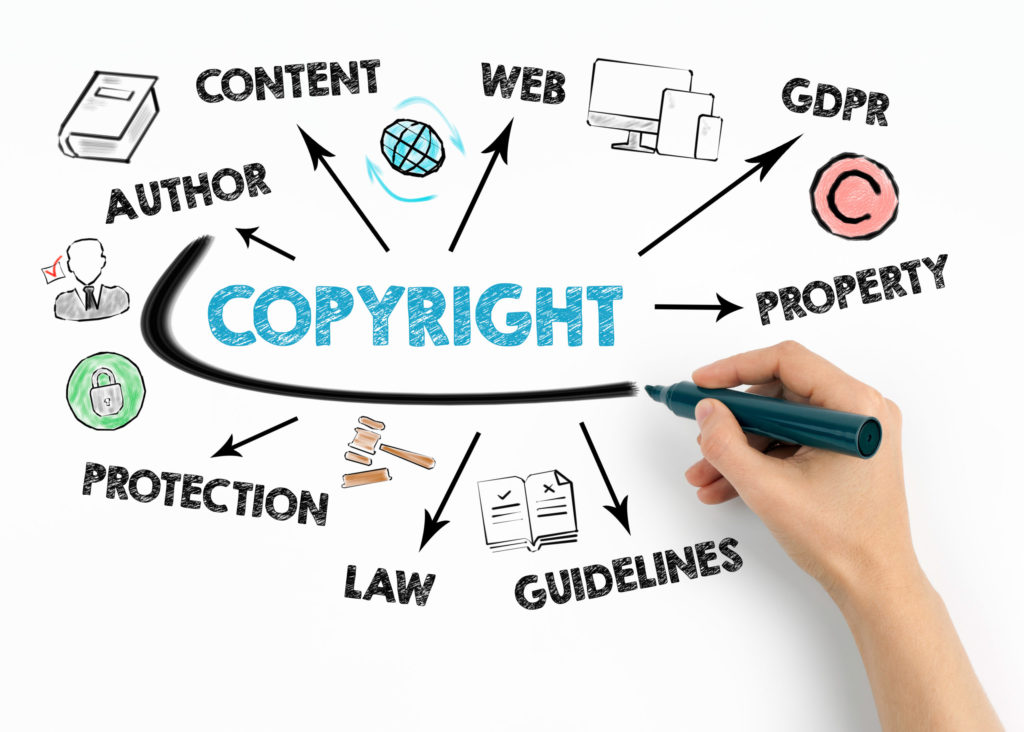Copyrights protect the expression of ideas, as compared to trademarks that protect words or logos that are used to distinguish goods and patents that are used to protect inventions. Copyrights DO NOT protect ideas, which is important to remember; instead, they only protect your expression. For example, everyone can go outside and take a picture of the Sandias, and while each of those pictures are copyrighted, the idea of taking a picture of the Sandias cannot be copyrighted.
Importantly, copyrights are automatic upon completion of a work. However, federally registering your copyright does offer certain benefits, including, but not limited to:
- establishes a public record of the copyright claim;
- registration is typically necessary before a lawsuit can be filed;
- registration will establish prima facie evidence in court of the validity of the copyright and of the facts stated in the certificate if registration is made within five (5) years of publication; and
- If registration is made within three months after publication of the work or prior to an infringement of the work, statutory damages and attorney’s fees will be available to the copyright owner in court actions if registration is made within three (3) months after publication of the work or prior to the infringement; otherwise, only an award of actual damages and profits is available to the copyright owner.
All copyrighted works should contain a copyright notice, containing the copyright holder, year of publication, and Copyright ©. For example, “Copyright © 2017 – All Rights Reserved – Kramer Law Firm, P.C.” “All Rights Reserved,” while not technically required, puts others on notice that the copyright holder reserves all of the rights accorded it pursuant to copyright law.
There is also something called mandatory deposit that applies to all works published in the United States that are under copyright protection. Mandatory deposit requires that two (2) copies of the best edition of every copyrightable work published in the United States be sent to the Copyright Office within three (3) months of publication.
Most copyright registrations cost $35 through the Copyright Office and are done online with the payment of the fee and submission of the copyrighted work. In most cases, federally registering a copyright satisfies the mandatory deposit requirements. Copyright.gov contains additional information on registering your copyright and mandatory deposit. Thus, it is recommended that you register your copyrights with the Copyright Office early to satisfy the mandatory deposit requirements and take advantages of the advantages of federal registration.
Consult with Intellectual Property Attorney today to discuss all the issues when it comes to trademarks.
Law 4 Small Business, P.C. (L4SB). A little law now can save a lot later. A Slingshot company.

